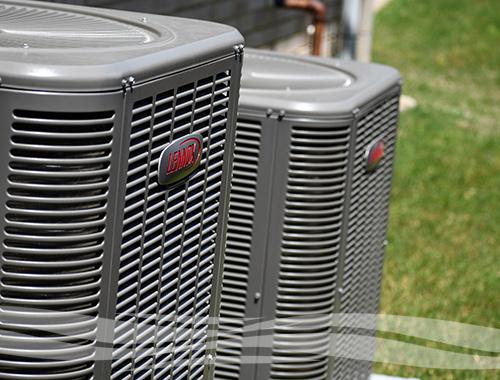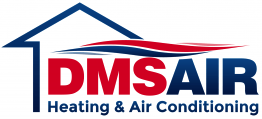
Replacing Your R22 Air Conditioner
Attention home and business owners: R22 Refrigerant, more commonly known as Freon, will soon be completely unavailable. Even now, it can only be purchased by an EPA certified technician, leading to increased cost for repairs. Air conditioners manufactured before 2010 which use R22 will no longer be serviceable after 2020.
What is R22 refrigerant?
R22 is a chemical that allows your air conditioner to emit cool air. R22 was a staple in AC units for decades, but its reign is coming to an end.
Who says it is going away?
Scientists have discovered that R22— along with select other refrigerants— was responsible for ozone layer depletion. To help protect the planet on which we live, the United States EPA and other organizations from around the globe came together to discuss, design, and implement the Montreal Protocol.
Understanding the Montreal Protocol:
The Montreal Protocol lists several ingredients that are more harmful than helpful when it comes to keeping your home cool and your planet whole. R22 is the worst offender on the list. To help with the transition to new, safer refrigerants, the Montreal Protocol instigated a step-by-step process to slowly eliminate and replace R22 and other offenders.
The first step was to reduce production and import of R22. After, the responsible parties instigated regulations to limit and eventually prevent purchase. 2010 oversaw the prohibition of producing R22, though preexisting air conditioners could still be serviced until such a time that no more R22 remained. The final stage, with a deadline of 2020, is the complete elimination of R22.
How does this effect your air conditioner?
Even in the short term, effects are costly. R22 is difficult to get ahold of thanks to the Montreal Protocol; only service technicians certified by the EPA can access the remaining stock. Economics 101 taught us all about the principles of supply and demand. With only a little R22 remaining, what is available is expensive. Repair costs for AC units that use R22 continue to climb. While buying an all-new AC unit is a daunting and expensive task, it’s an investment that needs to be made.
If your air conditioner was purchased before 2010, odds are it uses R22. Units manufactured after January 1, 2010 might not, but you will still need to check. Two easy ways to tell are to check the nameplate on your AC unit or have a technician come out and examine your unit. Nameplates tend to be located on the unit’s outdoor condenser. If you can’t find it, check your user’s manual— it should have a diagram.
But there is some good news! Thanks to new tax laws, business owners can save thousands of dollars when replacing their commercial AC units. Section 179 http://www.section179.org/section_179_deduction/ allows business owners to deduct the purchase price. Depreciation rules have changed, as well. You can use the Section 179 site to calculate your potential deductions.
What is the future of your AC?
The most popular new refrigerant in the AC market is R410a, commonly referred to as Puron. While Puron is a brand, R410a is available from other companies, as well. R410a doesn’t just beat out R22 with ozone depletion— it is also more energy efficient and has a higher safety rating.
When it comes time to research new air conditioner units, many homeowners take to the internet to research costs and alternatives. Drop-ins involve retrofitting your current AC unit to operate with a new refrigerant. While “drop-ins” may sound like an easier path, they can quickly lead to disaster.
Retrofitting often costs more than a new unit would have, and you risk voiding your warranty. Refrigerants operate under different pressures; your technician would have to replace some of the most expensive components of the system to allow for the new refrigerant. If anything goes wrong, you won’t have a warranty to back you up; you will have to add the cost of a whole new unit to the already extensive bill.
Are you worried your AC uses R22?
Interested in discussing replacement? Call us today for a consultation! Our team of expert AC, cooling and HVAC technicians can evaluate your current setup and help you figure out a solution that is both effective and affordable.
